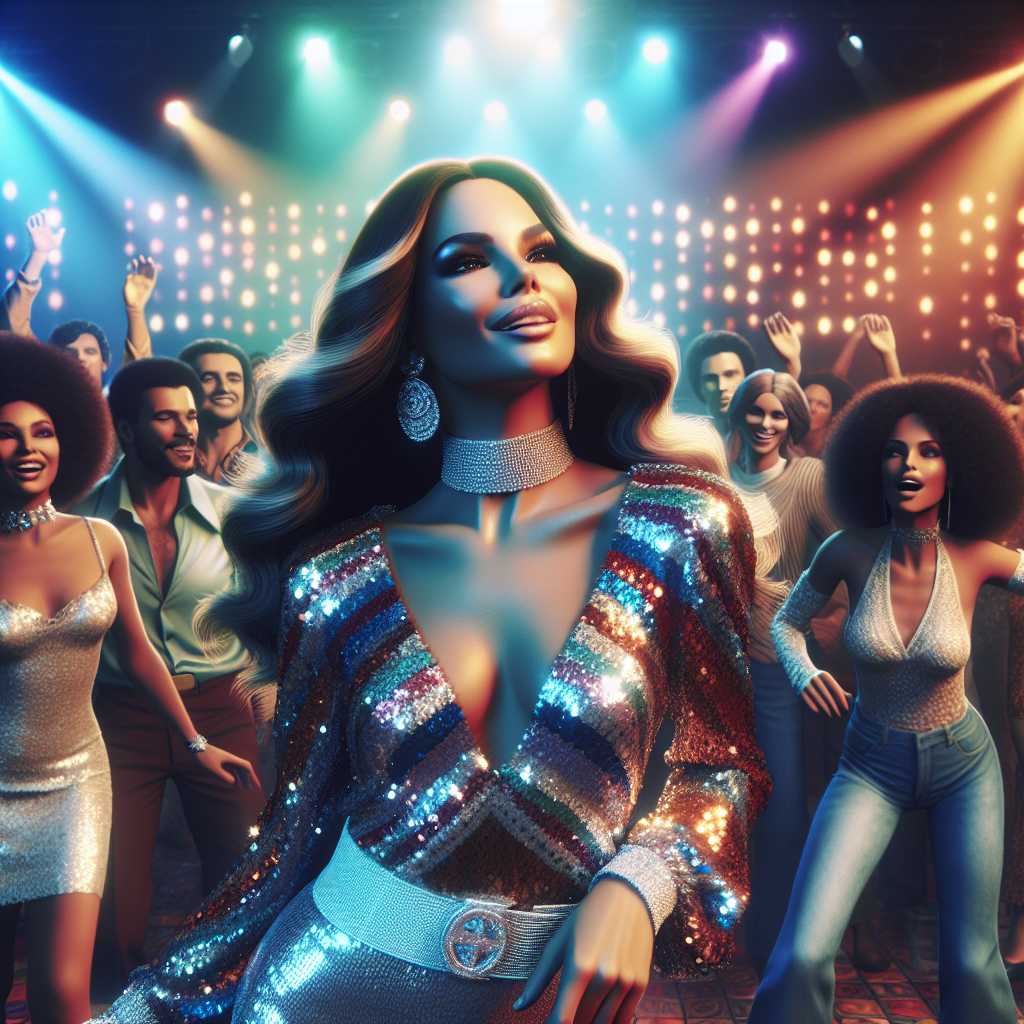Example Article
The Rise of Disco Queens: A Cultural Revolution
In the 1970s, disco emerged not merely as a music genre but as a cultural movement that redefined nightlife, fashion, and social attitudes. Female artists like Gloria Gaynor, Donna Summer, and Diana Ross became icons, their powerful voices and empowering lyrics capturing the spirit of liberation and resilience. These women were more than singers; they were pioneers who challenged societal norms and championed self-expression through their art.
Disco’s pulsating beats and lavish productions created a vibrant backdrop against which these divas thrived. Unlike many previous musical eras dominated by male performers, disco provided a platform where women could assert both vocal prowess and commanding stage presence. The genre’s inclusive ethos also embraced LGBTQ+ communities and racial minorities, amplifying voices that had long been marginalised.
This revolution was not without challenges. Disco faced backlash in mainstream media and among rock purists, yet the impact of these artists endured. Their music transcended dance floors, influencing future genres such as house, pop, and R&B. The rise of disco queens symbolised a broader shift towards female empowerment in the entertainment industry.
Gloria Gaynor’s Iconic Anthem: More Than Just ‘I Will Survive’
Gloria Gaynor’s 1978 hit "I Will Survive" is often heralded as the ultimate anthem of strength and perseverance. While the song’s catchy melody and unforgettable chorus have cemented its place in popular culture, its significance goes far beyond mere entertainment. It became a rallying cry for individuals overcoming adversity, from personal heartbreak to broader social struggles.
The track’s narrative of resilience resonated deeply during a time rife with change — from the civil rights movement to growing feminist activism. Gaynor’s powerful delivery transformed what might have been a typical break-up song into an anthem of universal survival and empowerment. Over the decades, it has been adopted by various movements including LGBTQ+ rights campaigns, cancer survivors, and mental health advocates.
However, Gloria Gaynor’s career extends beyond this single track. Her extensive discography reflects versatility across genres including soul, R&B, and gospel. Her commitment to inspiring audiences through authenticity exemplifies how one artist can influence multiple generations while staying true to their roots.
The Evolution of Female Empowerment in Music Since Disco
Since the disco era, female empowerment in music has evolved significantly but continues to owe much to trailblazers like Gloria Gaynor. The 1980s and 1990s saw artists such as Madonna, Janet Jackson, and Whitney Houston push boundaries with bold personas and socially conscious themes. They built upon disco’s foundation, using music videos and global platforms to amplify messages of independence and self-worth.
In contemporary music, empowerment remains central but has diversified in expression. Artists like Beyoncé, Lizzo, and Dua Lipa channel confidence through narratives encompassing body positivity, mental health awareness, intersectionality, and activism. This progression reflects an ongoing dialogue about identity and equality shaped by decades of cultural shifts initiated by early disco divas.
Moreover, technology and social media have democratized access to music creation and distribution. This has enabled more women from diverse backgrounds to share their stories directly with audiences worldwide. The legacy of disco queens endures as new generations reinterpret empowerment within evolving social contexts.
Conclusion: Celebrating the Timeless Influence of Disco Divas
The legacy of Gloria Gaynor and her contemporaries transcends time through their groundbreaking contributions to music and culture. Their artistry not only defined an era but also carved pathways for future female musicians to assert power both onstage and off. The enduring appeal of anthems like "I Will Survive" underscores how music can inspire resilience across decades.
As society continues to confront issues related to gender equality, representation, and identity politics, revisiting the stories of disco divas offers valuable insights into the roots of modern empowerment movements in music. These artists demonstrated that strength could be expressed through vulnerability and that joy could coexist with struggle.
Ultimately, celebrating these icons reminds us that cultural revolutions often begin with voices that refuse to be silenced — a lesson that remains profoundly relevant today.
Notes
- "I Will Survive" was the first disco song to win a Grammy Award for Best Disco Recording (1979).
- Disco accounted for nearly 20% of all album sales in the US at its peak in the late 1970s.
- Female-led disco tracks inspired many contemporary pop hits sampling or referencing their melodies.

